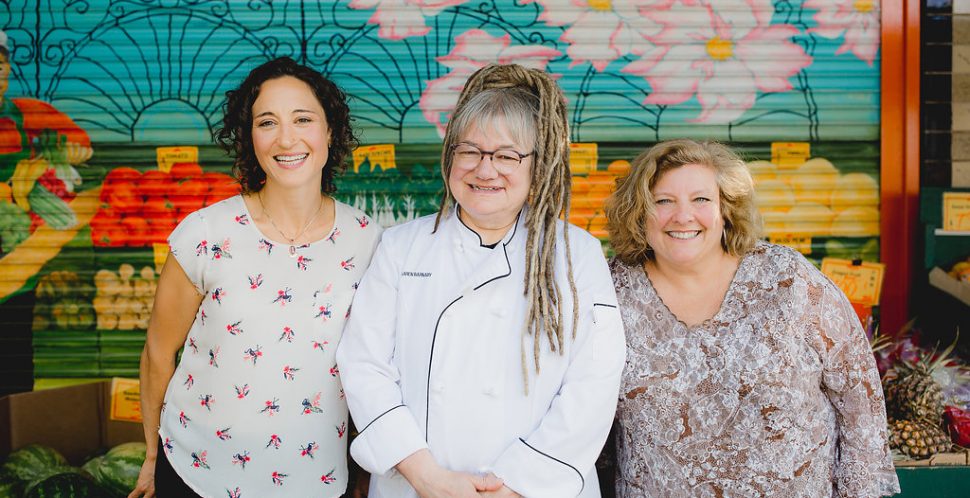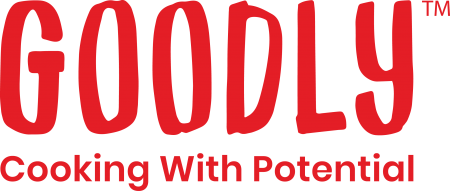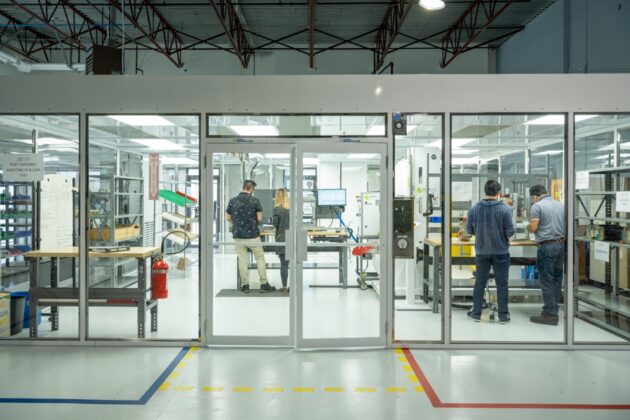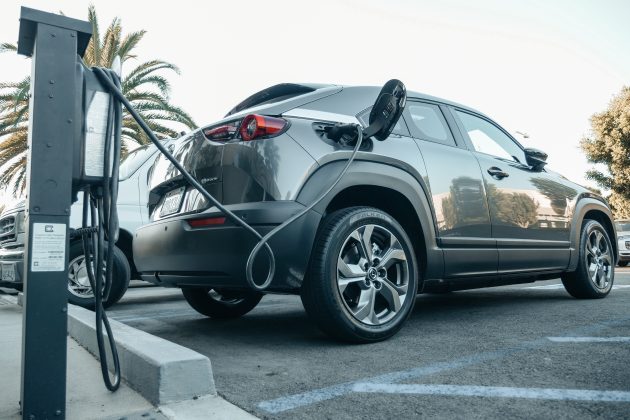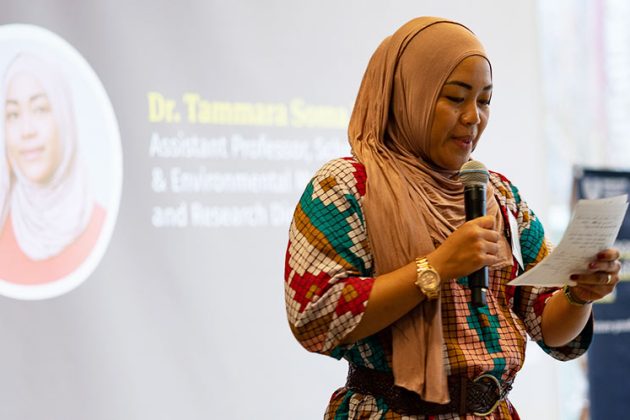Food waste in Vancouver is a daunting problem to tackle – and, ironically, an abundant one. According to Love Food Hate Waste Canada, Canadians are among the worst of the developed nations when it comes to food waste, with 2.2 million tonnes of edible food thrown away annually. Moreover, greater than 60 percent of the food Canadians toss could still have been eaten, costing the average Canadian household more than $1,100 per year. And this doesn’t even begin to take into consideration all the produce and food products suppliers dispose of because it does not meet the requirements for their primary or secondary markets.
Growing out of the Vancouver Food Bank, Goodly Foods is a social impact enterprise on a mission to make a difference when it comes to food waste and surplus food. They do this by taking unsellable produce from local suppliers (think overripe tomatoes and five-fingered carrots) and turning them into delicious soups and sauces, while also creating living-wage opportunities for people with barriers to traditional employment.
We recently caught up with General Manager of Goodly Foods Alexa Pitoulis to talk about everything from surplus food and employment barriers to the challenges of scaling locally in Metro Vancouver.
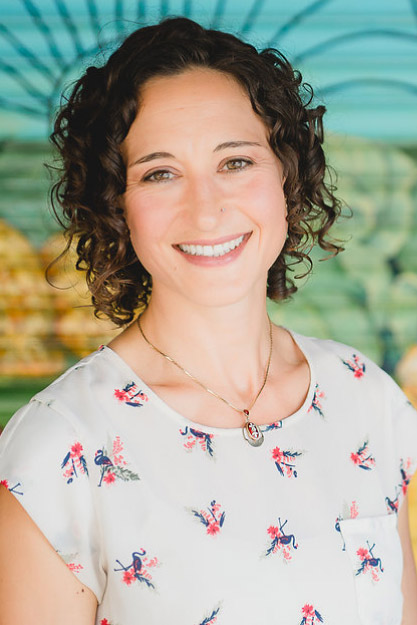
Goodly Foods is a social impact enterprise that repurposes food waste and surplus food
Q: Hi Alexa, thanks for taking the time to talk with us today. Let’s jump right into it. Give us your best elevator pitch: What is Goodly Foods?
Alexa: At Goodly Foods we make deliciously healthy soups, stews and sauces by repurposing surplus produce from local suppliers while creating community employment opportunities. We are a unique social enterprise led by the Greater Vancouver Food Bank (GVFB) and Fulmer Capital Partners Inc., working closely with Hope Action Values Ethics (HAVE) Culinary Training Society (our employment partner) and Commissary Connect (our facility Partner).
Yes, we are all about delicious soup — but, we also believe that how we work is just as important. We like to say that we “cook with potential.” This means we are not working on solving the problem of food waste; rather, we are developing a new market for surplus produce. Where people who experience barriers to employment are often turned away, instead we see incredible possibilities to provide food industry training and jobs. While many businesses try to work competitively, we value collaboration and actively seek out innovative partnerships.
Q: Tell us a little about your background and how it led to you working at Goodly Foods?
Alexa: I grew up spending a lot of time in the kitchens of my dad’s restaurants. This instilled in me not only a connection with food systems, but a deep concern about all people having access to healthy, nourishing foods. This led me to involvement in community garden development, serving on the Ottawa Food Security Council, and taking on the role of chair of the Inuvik Food Bank. On the professional side, I have led change initiatives in government, non-profit and business. In 2013 I completed an MBA in Sustainable Systems and have since been focused on evolving and designing businesses that are drivers for positive change.
Q: Recently, a lot of media attention has focused on how hunger problems could be solved by simply re-distributing the excess food we already have to people in need, but the problem is really much more complicated.
Alexa: Yes, there is a common misconception that by diverting and re-distributing food waste we could make huge strides in alleviating food insecurity. While these efforts are well intentioned and welcome in some circumstances, they do not address the systemic causes of either the issue of wasted food or food insecurity. I think we are at an interesting point in the conversation about how to approach the issue of food waste.
I’ve been comparing it to the time, 25 to 30 years ago, when recycle was the primary “R” in the reduce, reuse, recycle triad that society latched onto. With the success of Blue Box and other such recycling programs, we’ve become very good at recycling. However, there has been a proliferation of single-use and other packaging. I often wonder what our grocery stores would look like if we had chosen, as a society, to look more systemically at the “reduce” side of the equation. I use this example to help us think about how we could be thinking about redesigning food systems.
Q: That’s so interesting — and a great metaphor! So, how is Goodly Foods re-framing the narrative around surplus food?
Alexa: Language is important. We prefer to use the terms “surplus” or “wasted food” rather than food waste. We view surplus food as a resource. We set out to test that model by understanding the volume, flow and quality of specific vegetables that would otherwise be considered as imperfect and process them into nutritious and delicious foods. We have found several local supplier partners who are excited to be working with us to find a new market for their produce.
Q: In terms of imperfect food products, what does the term “below seconds” refer to?
Alexa: We refer to the produce we source as “below seconds” and not fit for retail or secondary markets. These are vegetables and fruits that, for a variety of reasons, may not meet the specific requirements of primary retail or secondary markets. With the produce we work with this means that, although still perfectly fine to eat and cook with, the produce may be under ripe, overripe or in a weird shape (e.g., a multiple pronged carrot, funny shaped tomato, small bits of carrots, etc.). There are many factors that result in produce not making it to retail or secondary market.
Q: Growing out of the Vancouver Food Bank, Goodly Foods provides training and employment to individuals with barriers to traditional employment. Why is this an important mandate for the company?
Alexa: The Greater Vancouver Food Bank recognizes that emergency food as a stand-alone is not a long-term solution to food insecurity. The broader mission of the food bank is to “create empowering environments that provide and promote access to healthy food, education and training.” From the inception of Goodly Foods, we have been focused on providing training and living wage employment in food processing as a dignified means of helping people regain their confidence, skills and economic independence. During our initial pilot phase, we partnered with Potluck Café and are now thrilled to be working with H.A.V.E. Culinary Training Society.
Q: In addition to your work at Goodly Foods, you’re also a part of the Regenerative Business Community out of Seattle. What is a regenerative approach to business and how has it impacted Goodly Food’s operations?
Alexa: A regenerative approach to business is about working from a paradigm that aims to evolve the capabilities of all stakeholders in ways that enable them to contribute to the living systems in which they are nested. At Goodly Foods we know the value in creating a business model focused on developing the capacity of all people and systems with whom we work. We hold an image of the food system of Metro Vancouver working to its full potential.
The way in which we develop, process and make food products available is designed by asking how we can be working in ways that continually contribute to developing the capabilities of our customers, suppliers, partners and employees. For more information about regenerative business check out author Carol Sanford’s books “The Regenerative Business” and the “Responsible Entrepreneur.”
Q: Great explanation — we’ll definitely check out those resources and encourage our readers to do so as well. What would you say is the biggest challenge you’re currently facing as a social impact business in Vancouver?
Alexa: As we start producing larger volumes of soup in 2019, we are looking for buyers. We think Goodly’s nourishing soups are the perfect fit to feed people through school, hospital and senior living food services. Finding and navigating the requirements of the larger, food services buying partners can be a challenge. I don’t think this is specifically a social impact business challenge, rather a challenge faced by many small-scale food processors looking to get their products to market and grow.
Q: So, what’s next for Goodly Foods?
Alexa: More products! We are working with the incredibly creative Vancouver celebrity Chef Karen Barnaby to develop our next soups. Chef Barnaby brings this brilliant ethos of using as much of a given vegetable as possible. For example, our Hearty Tomato Vegetable soup uses the whole tomato by puréeing the skins and seeds to give the soup a creamy texture. Of course, this also means working closely with our supplier partners on sourcing available surplus produce.
Q: And we hear that a big launch at Commissary Connect is upcoming? How exciting!
Alexa: Yes! We are thrilled to have recently moved into BC’s first Regional Food Hub at Commissary Connect’s Laurel street location. The event will be to celebrate and thank our funders, notably Walmart Foundation, who provided a $1.1 million investment grant to all of us to scale, as well as the many other supporters who have helped us launch Goodly Foods.
Wrap Up: Thanks for taking the time to share your insights on surplus food today, Alexa. We can’t wait to follow your success in the coming year — and hopefully taste your Heart Tomato Vegetable soup!
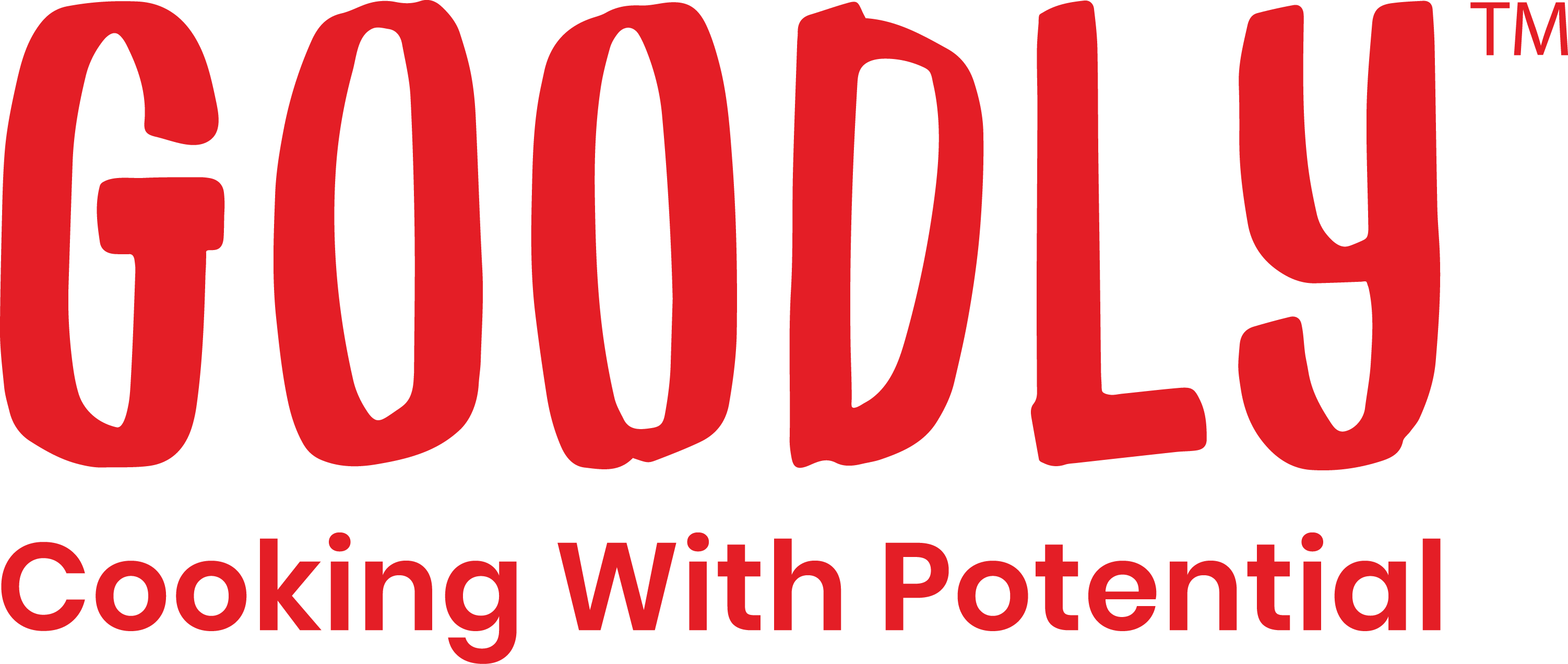
Be sure to follow Goodly Foods’ journey on social media:
![]() For more information about Goodly Foods, visit their website.
For more information about Goodly Foods, visit their website.
 Instagram: @GoodlyFoods
Instagram: @GoodlyFoods
![]() Twitter: @GoodlyFoods
Twitter: @GoodlyFoods
Thanks to Alexa Pitoulis (General Manager, Goodly Foods) for contributing to this post.
Photos courtesy of Goodly Foods.
